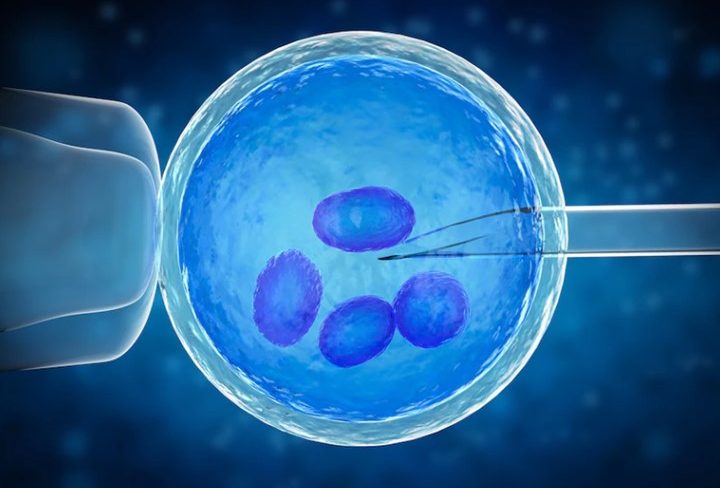In Vitro Fertilization (IVF) is a groundbreaking assisted reproductive technology that offers hope to couples struggling with infertility. This procedure has revolutionized the way we approach conception and has helped countless individuals and couples achieve their dream of parenthood.
Understanding IVF
IVF involves combining an egg and sperm outside the body in a laboratory dish. This allows fertilization to occur artificially. Once fertilization occurs, the resulting embryo is carefully monitored and nurtured for a few days before being transferred into the woman’s uterus.
Indications for IVF
IVF is recommended for various infertility causes, including fallopian tube damage, male factor infertility, ovulation disorders, endometriosis, and unexplained infertility. It is also an option for individuals with genetic disorders to avoid passing on the condition to their offspring.
The IVF Process
Ovulation Stimulation: The woman undergoes hormonal treatments to stimulate the ovaries to produce multiple eggs. Regular monitoring through ultrasounds and blood tests ensures optimal egg development.
Egg Retrieval: Once the eggs are mature, they are retrieved from the ovaries using a thin needle. This procedure is usually performed under mild sedation.
Sperm Collection: Sperm sample is collected from the male partner or a sperm donor.
Fertilization: The eggs and sperm are combined in a laboratory dish for fertilization. In few cases, intracytoplasmic sperm injection (ICSI) may be used, where a single sperm is directly injected into an egg.
Embryo Culture: Fertilized eggs develop into embryos over a few days under controlled conditions in the laboratory.
Embryo Transfer: 1 or more healthy embryos are carefully selected and transferred into the woman’s uterus using a thin catheter. This procedure is typically painless and minimally invasive.
Luteal Phase Support: Hormonal medications are administered to support the uterine lining and improve the chances of embryo implantation.
Pregnancy Test: After the embryo transfer, a blood test is conducted approximately after two weeks to determine if pregnancy has occurred.
Success Rates and Emotional Impact
Success rates vary depending on several factors like age, cause of infertility, and the quality of embryos. While IVF offers hope, it is essential to understand that not every cycle results in pregnancy. The emotional journey can be intense, with a roller coaster of hope and anxiety. Seeking emotional support from professionals, support groups, or loved ones is crucial.
Ethical Considerations
IVF raises ethical questions about the disposition of unused embryos, genetic testing of embryos, and the use of donor gametes. Couples should discuss these considerations with their healthcare providers and consider their personal beliefs and values.
If you are considering IVF, consulting a reproductive specialist can help you explore this option and make informed decisions about your journey toward parenthood.

